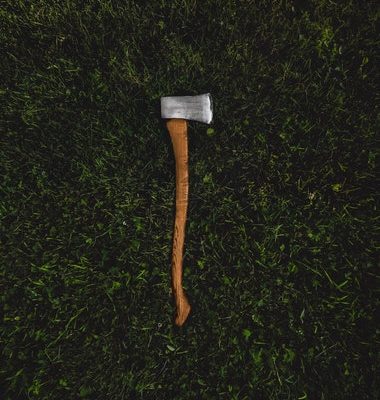Memory is an essential attribute of any human being and for many,
being alive means having a robust memory and loss of memory is almost equivalent to death. People have a feeling that it is impossible to lead a decent life without a great memory. What is happening to our memory skills in the technology age? This is a short take on memory
Most desirable skill
When we think about memory, the first image which comes to our mind will be that of a classroom. The hours we spent to memorise poems, definitions and numerous formulae in school. Remember our examinations. How many times we missed an answer because we could not recall it at the right time. In examinations, the hero was always the one with the sharpest memory as most of our examinations tested our memories. Think of all the techniques we used to memorise different types of answers. There were a lot of medicines and special foods also in the market which claimed to enhance memory skills. When we became adults and got employed memory skills mattered there too. People with a formidable memory commanded a premium. Officers with what is called elephantine memory were the most feared. In short, memory skills whether at school or in office or anywhere
Memory in the age of technology
When writing was introduced people had different opinions about it. Philosophers such as Socrates believed that,
when people start
writing , they will depend less on their memoriesand that will destroy their mind.
However what Socrates did not
For the first time history, we could search for knowledge in the easiest way. There was no need to sift through volumes of books and resources to get knowledge about something. The impact of the internet and Smartphone on the memory was so huge that, we are now forced to change our approach to the whole subject itself. Obviously, the question is with vast knowledge resources so handy, why should we remember so
Memory and education
In 2018, Science magazine asked a question to dozens of young scientists what schools should be teaching the next generation. The scientists replied that time for memorising facts should be reduced and there should be more time devoted
In fact, we may see amazing results when children are freed from memorising a lot and examinations are delinked from testing memory skills. They will then be able to concentrate on a particular knowledge or skill without unduly worrying about memorising every detail. They can then focus more on the ‘how and why’ rather than what and which. The knowledge of where to seek a particular information and how to
Future of memory
A lot of researches are underway about the changing shape of memory. When it comes to memory, we have extreme cases which often help researchers to unravel the mysteries of memory. There are people like Jill Price born in 1965 who has a phenomenal skill to remember every day of her life since 1980 with all the details(https://www.theguardian.com/science/2017/feb/08/total-recall-the-people-who-never-forget. ) She can recall a day 20 years ago like we recall something happened 2 days ago. She was the first person diagnosed with highly superior autobiographical memory, or HSAM, a condition she shares with around 60 other known people. Whenever a day is flashed, all that she did on that day flashes across her mind. Look at what she says about it, It is non-stop, uncontrollable and totally exhausting … Most have called it a gift but I call it a burden. I run my entire life through my head every day and it drives me crazy!!!” We also have cases like that of Susie McKinnon (https://www.wired.com/2016/04/susie-mckinnon-autobiographical-memory-sdam/ )who has severely deficient autobiographical memory. A person who cannot recall anything. Perhaps we all would like to be in between. Once philosopher Nietzsche extolled the virtue of bad memory like this. “The advantage of a bad memory is that they can enjoy the same joke several times”.But even then, none of us aspires for bad memory.
I think we can safely predict one thing. In future our memories will be mostly dealing with forming intelligent associations. We have all the chances of freeing our brains from memorising a lot of stuff which we can easily get elsewhere much easily and in a better fashion. The associations we make in our mind help us to understand the big picture of anything. When we play at the intersection of many disciplines it is all the more important that we form links. Finally we will have to decide for ourselves how much and what we should remember.
We have been looking at the many ways in which technology may free us from the burden of memory about so many things. But memory about ourselves and the way humanity has evolved across these centuries is so vital as we advance.T hat is why it is said that the first step in controlling someone is to erase his past. Let me close this with a moving quote from Polish –American poet Czeslaw Milosz
Our planet that gets smaller every year, with its fantastic proliferation of mass media, is witnessing a process that escapes definition, characterized by a refusal to remember. ………We are surrounded today by fictions about the past, contrary to common sense and to an elementary perception of good and evil…….
Memory is critical if we are to free ourselves from the powers and propagandists of our
As Milan Kundera adds, “struggle of man against power is the struggle of memory against forgetting”. So let’s forget what we can afford with the help of technology and let’s remember what we must for the continued existence of humanity with dignity and meaning.







2 Comments
siby
April 18, 2019 at 7:40 amNever gave a thought to this
well written. kudos bobby
Boby George
April 19, 2019 at 5:27 pmThanks man….